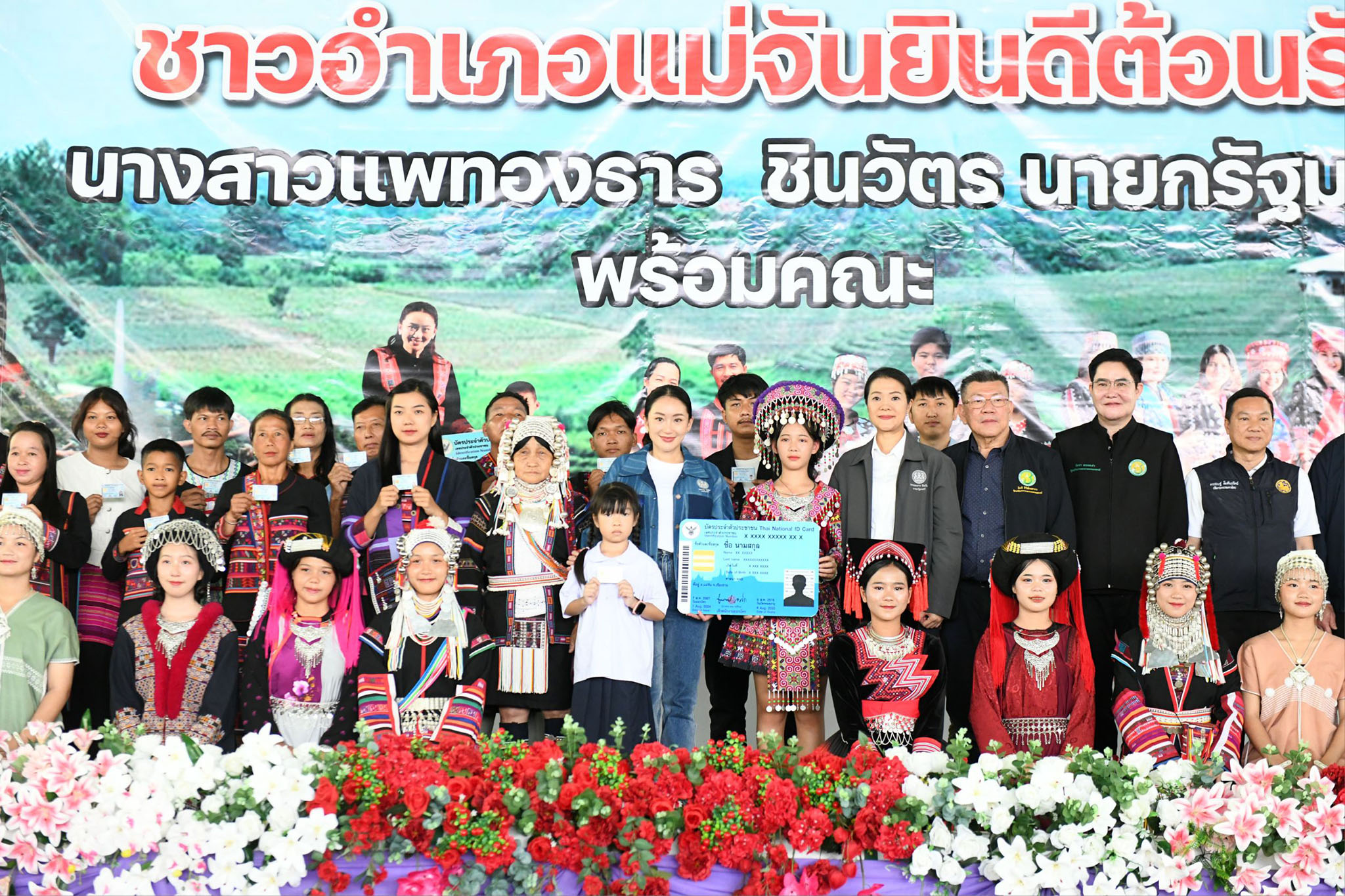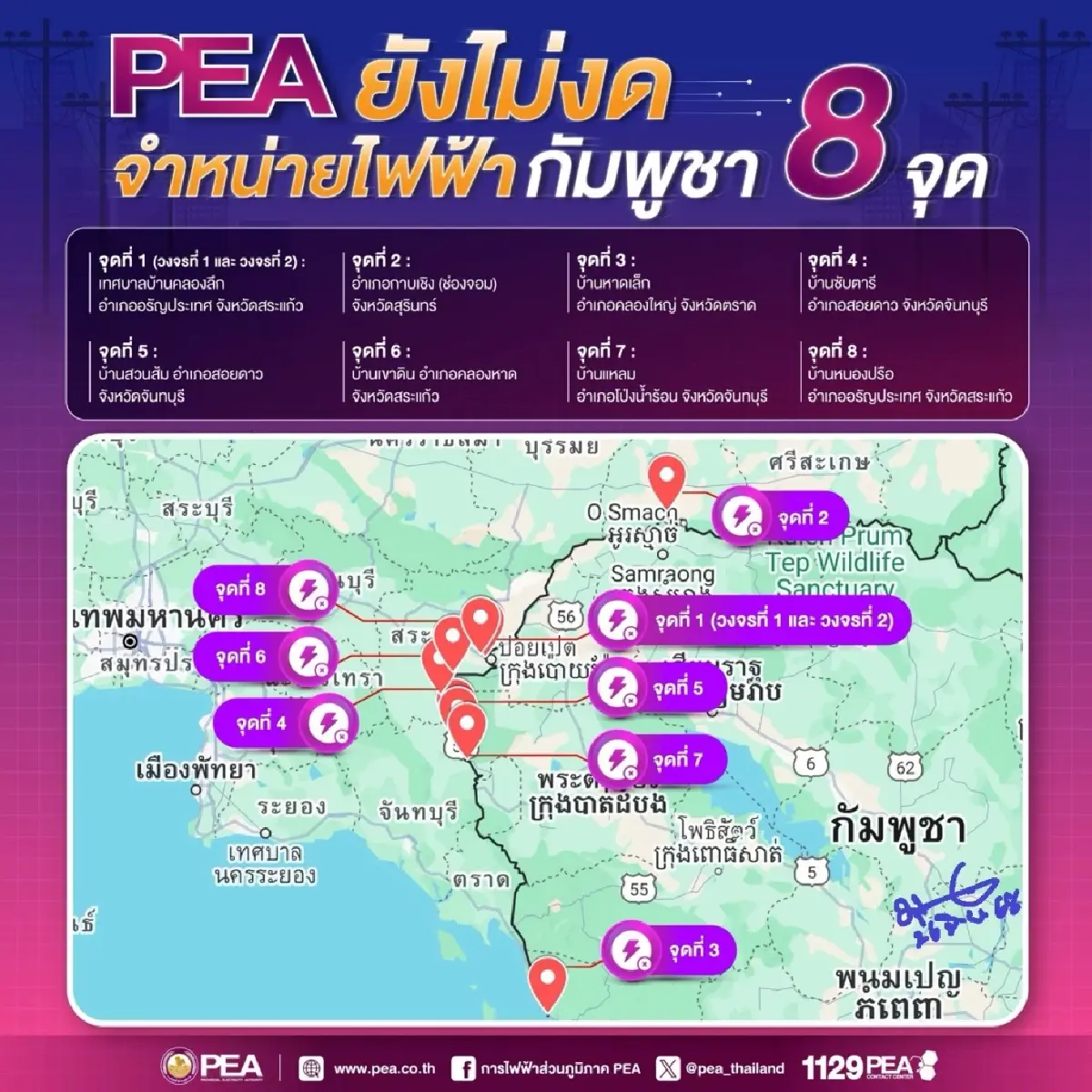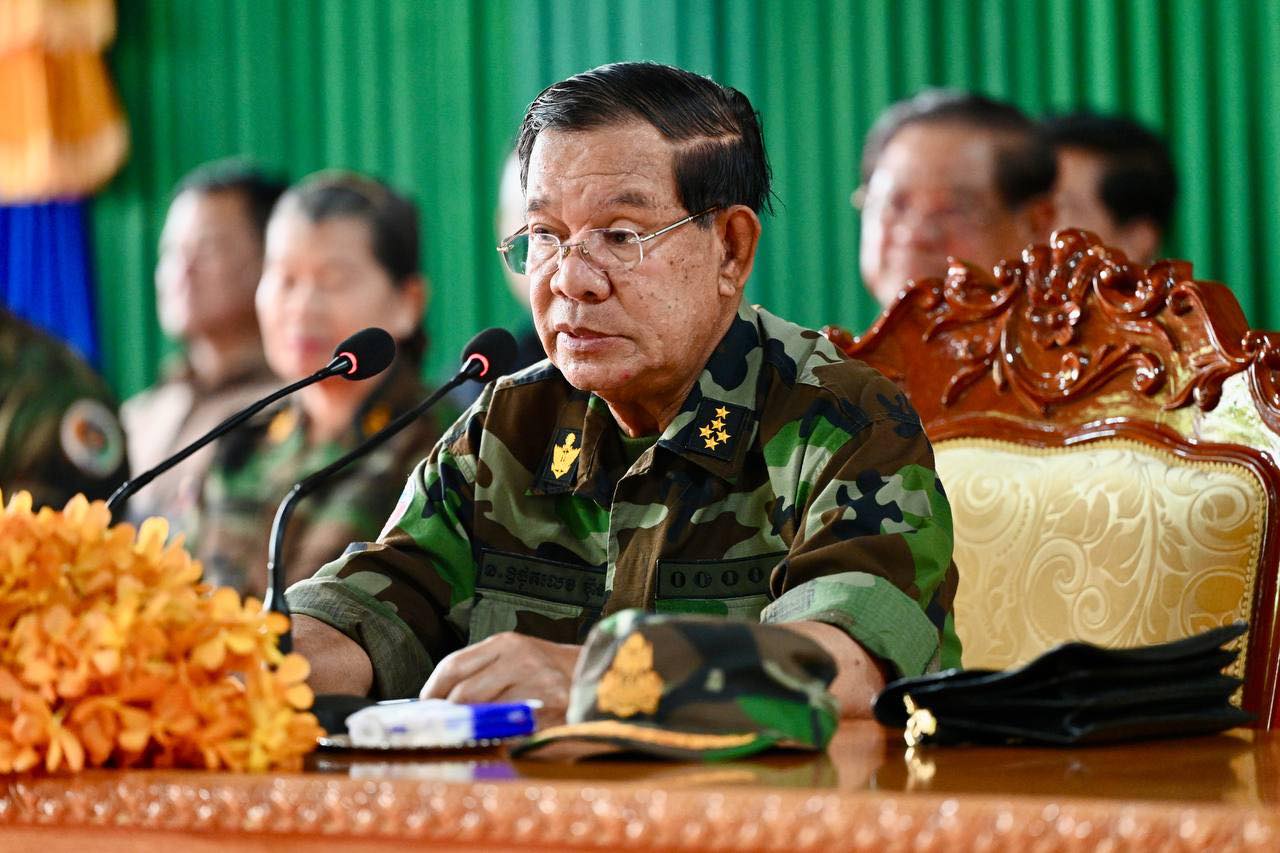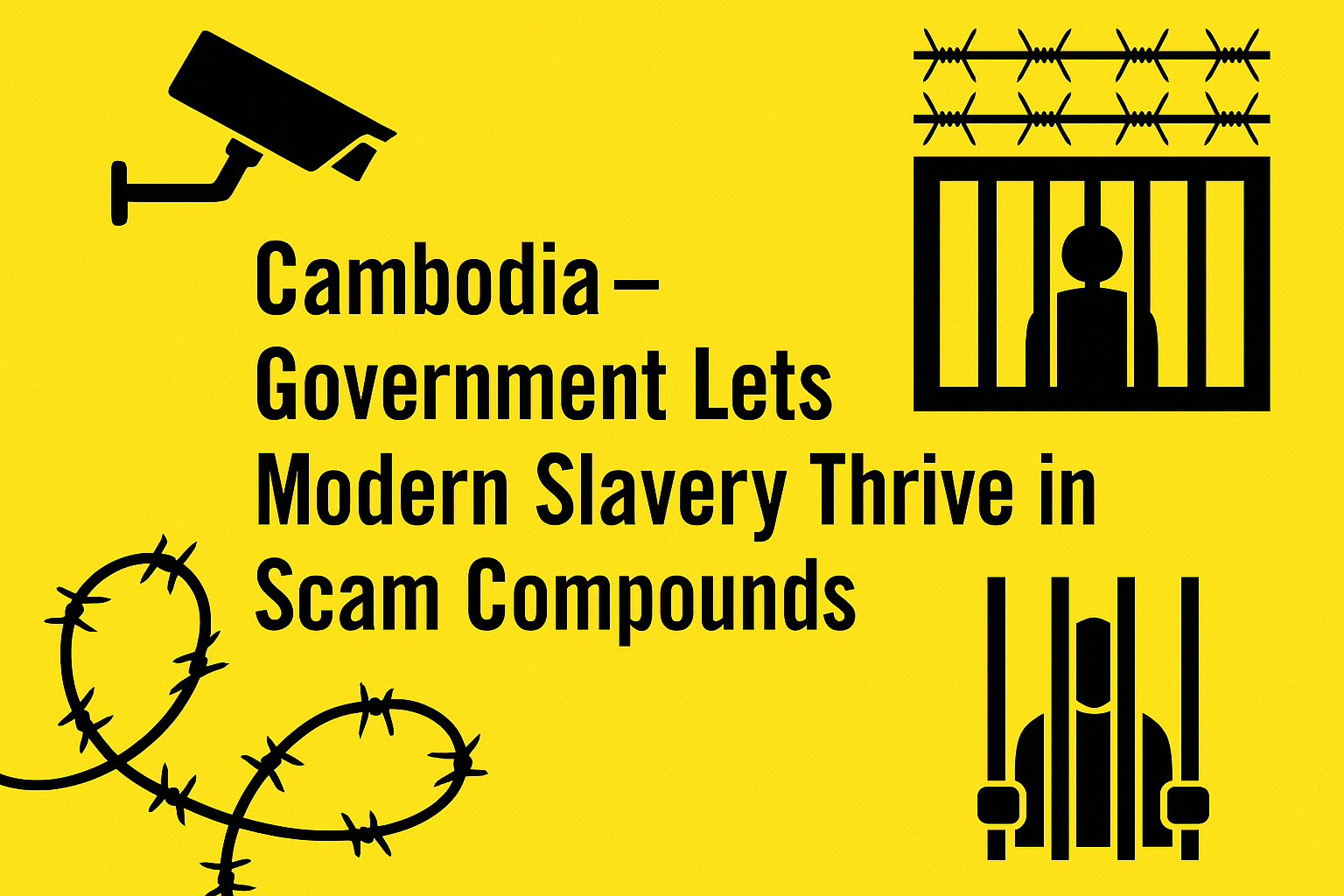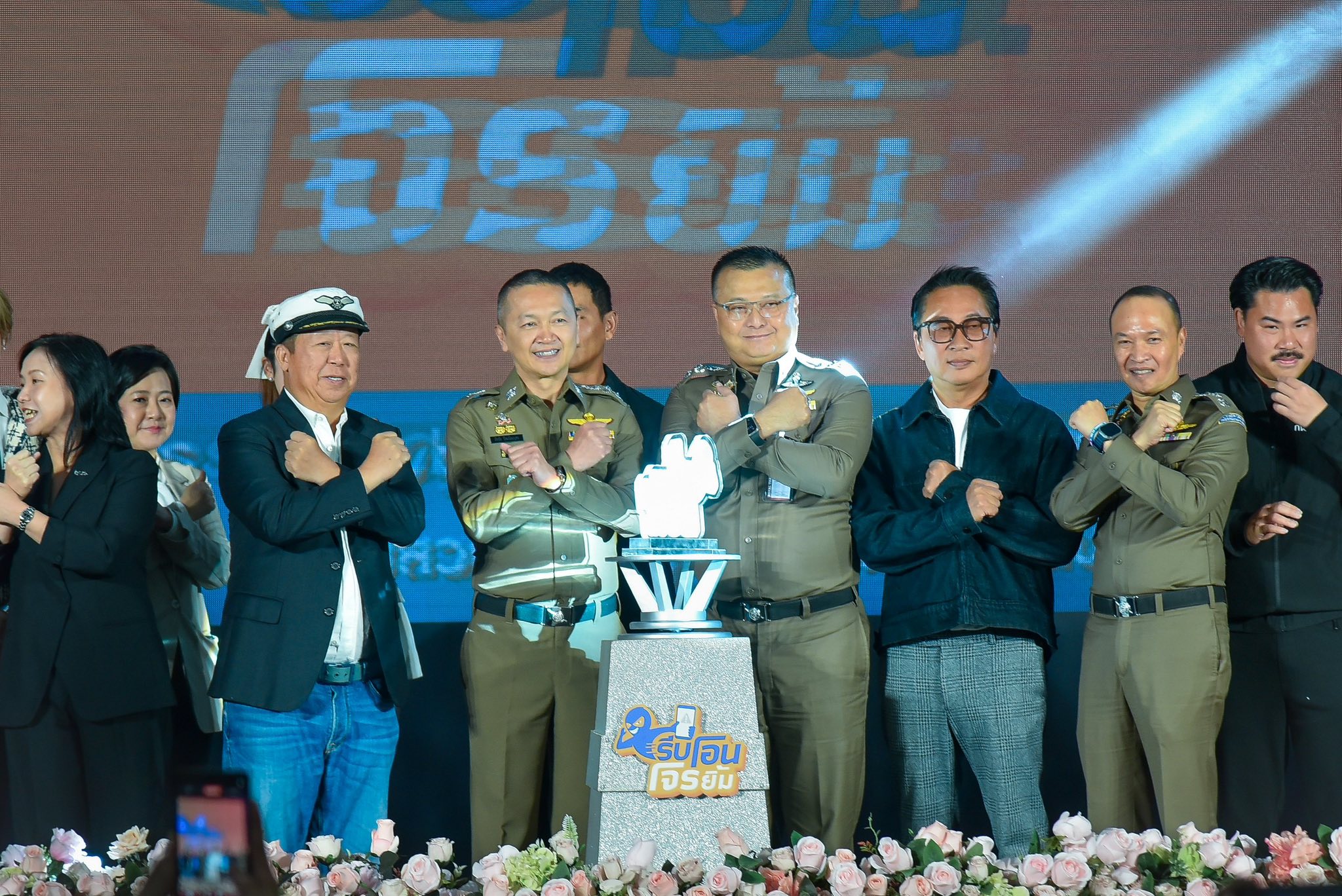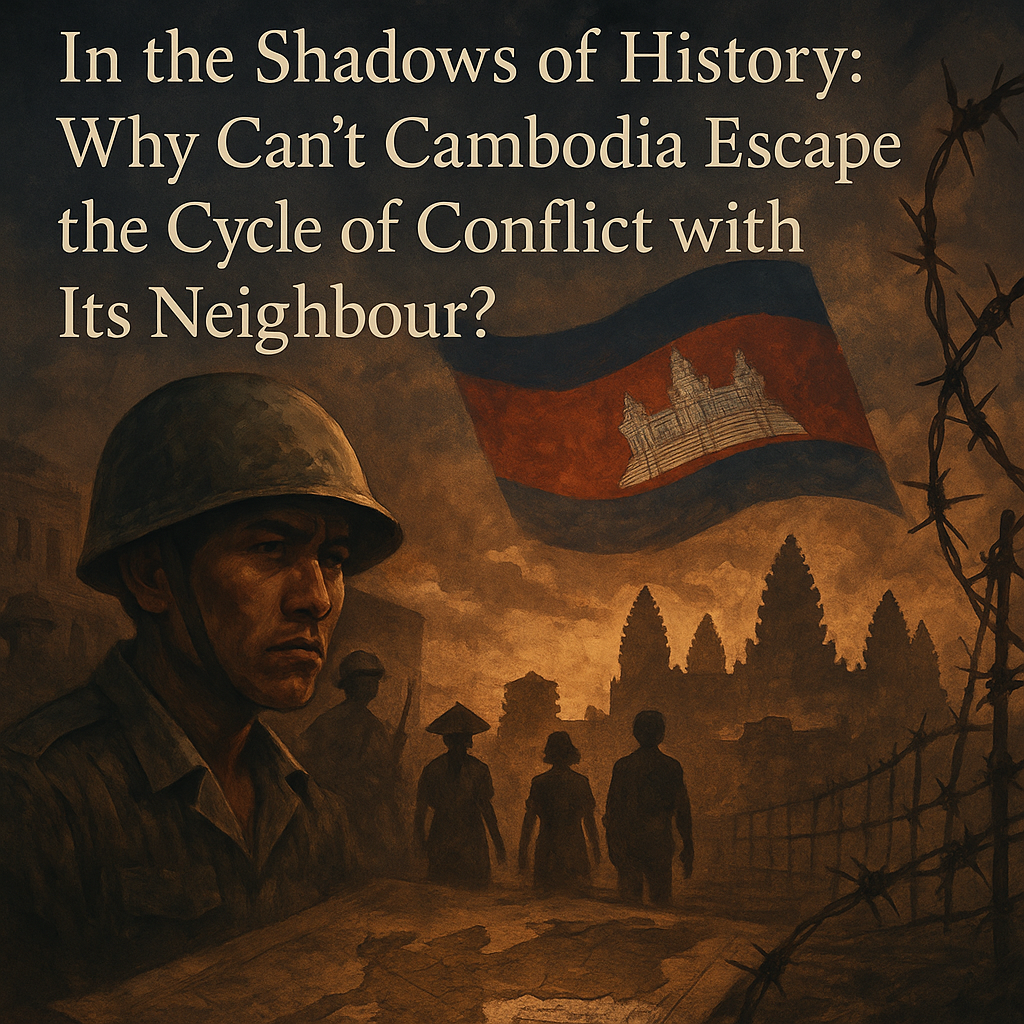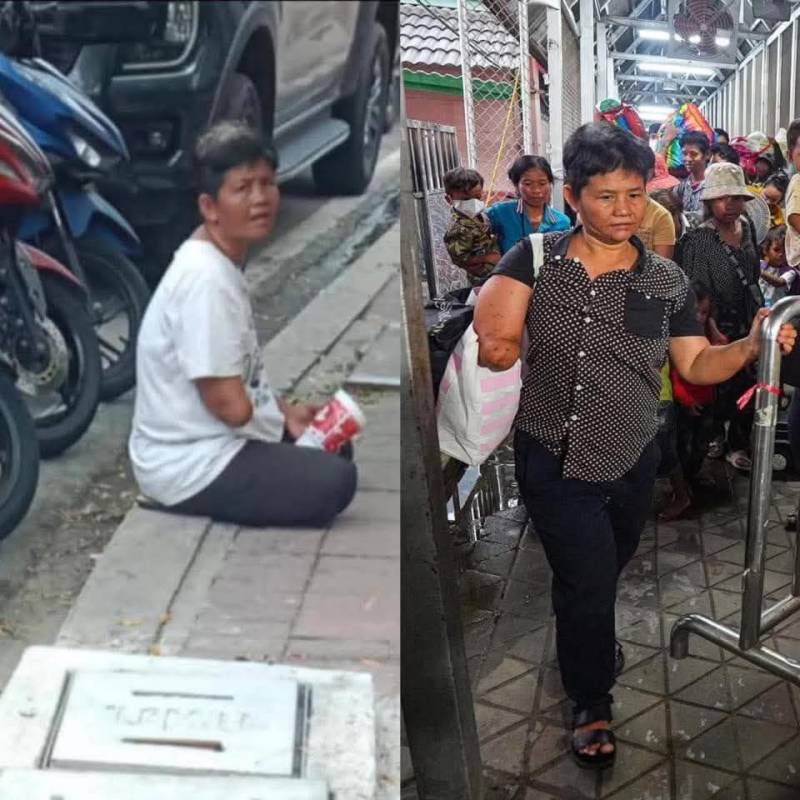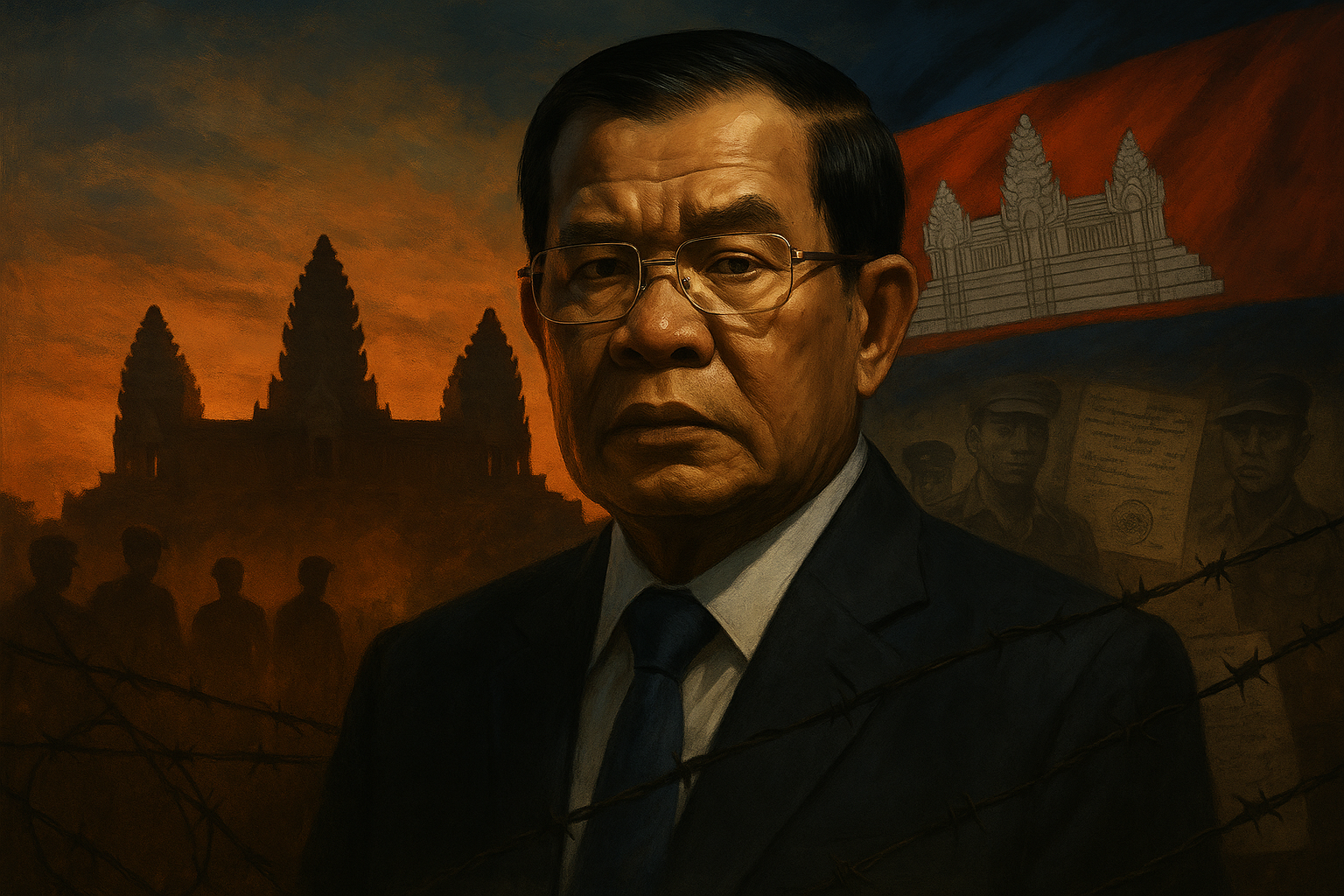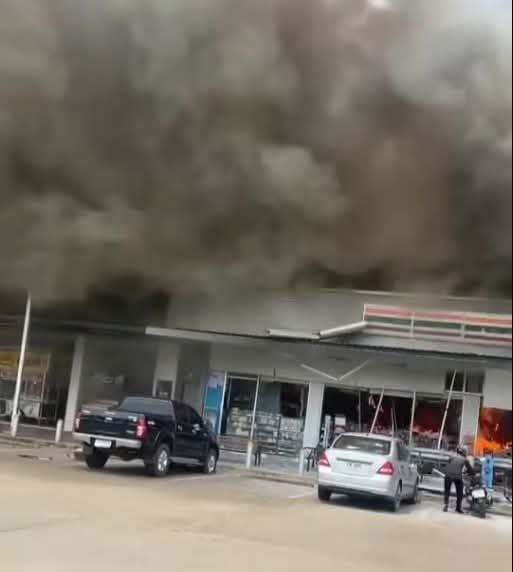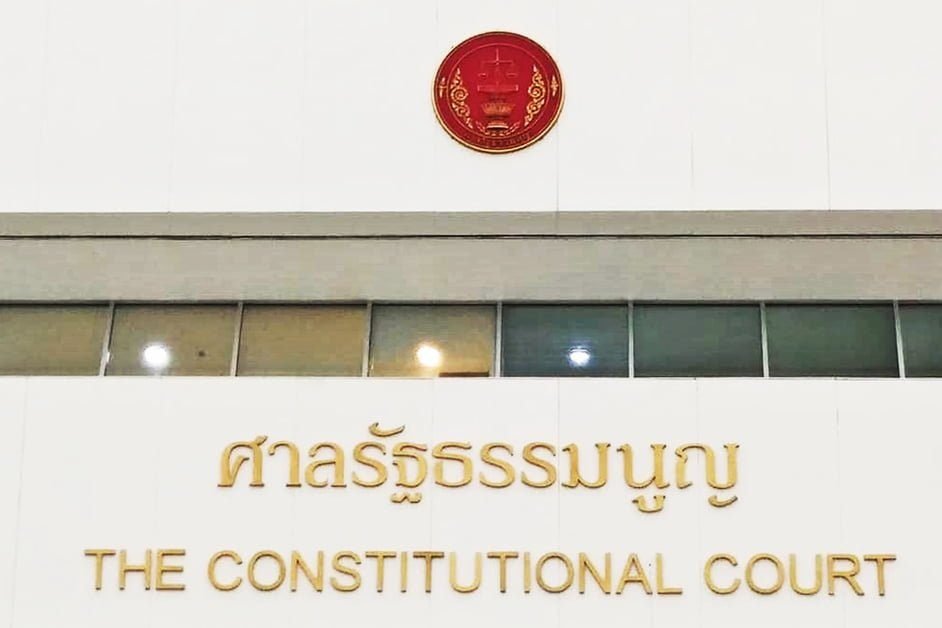Thailand to Negotiate Reciprocal Tariff with U.S., Finance Minister Says Transparency and Strategic Lobbying Are Key Deputy Prime Minister and Finance Minister Pichai Chunhavajira revealed that Thailand has secured a slot to negotiate the reciprocal tariff issue with the United States. He is scheduled to travel next week for discussions with 2–3 key stakeholders, although further details have not been disclosed at this stage. Minister Pichai also posted on social media about the cost of hiring professional lobbyists. He noted that in general, consultancy fees in the U.S. range from USD 20,000 to 300,000 per month, depending on the scope and complexity of the services. However, in the case of reciprocal tariffs—a highly complex and urgent matter involving substantial trade value—specialized firms with strong policy-level connections in the U.S. government may charge significantly higher fees. “I assure full transparency and accountability. In the U.S., such contracts must be publicly disclosed via the Department of Justice’s website. Without the right representatives, the right strategy, and a well-equipped team that understands the U.S. system, Thailand risks losing its market share, disrupting exports, and harming farmers and entrepreneurs,” said Pichai.
Read More

